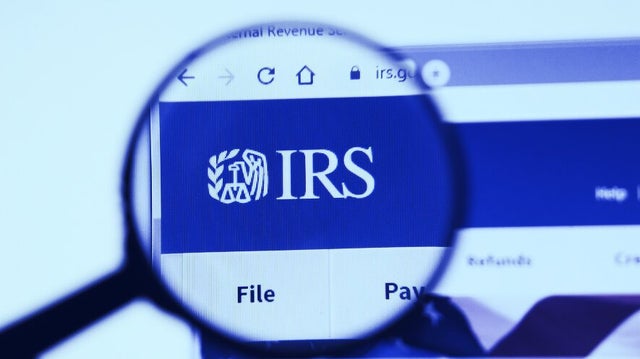Earlier in February last month, it was reported that the Internal Revenue Service (IRS) would nullify taxes on staked crypto assets. The said ruling was made with respect to a lawsuit filed by a Nashville couple back in May last year. Per the legal complaint, the couple—Joshua and Jessica Jarrett—had asked for a refund of income tax paid in 2019 totaling to $3,293 for the receipt of 8,876 Tezos tokens, according to the legal complaint.
Back last month, the IRS had declared it would refund the income tax amount, along with statutory interest, to Joshua and Jessica. The couple, however, went on to refuse the refund and instead demanded a trial. Despite doing so, the tax refund ($3,793) plus interest ($208.03) was delivered to them on Feb. 14, per the IRS.
Time for the Tezos staking couple’s lawyers to ‘suit up’?
Per the latest development, the Internal Revenue Service has filed to dismiss the lawsuit by arguing that the Tezos staking couple had no right to refuse the refund that was already paid, and therefore, the case should be dropped.
In their motion to dismiss and a substantiating 12-page memorandum of law filed earlier this week, the IRS said contended that the Jarretts could not refuse the refund, and the case should be dismissed.
Their filing noted,
“Despite obtaining the full relief they ask for in their Complaint, the Jarretts believe this is still a ‘live’ case or controversy because the Court has not yet ruled on whether staking rewards are taxable as income when received. They suggest in their letter that they can simply refuse the refund for which they sued in order to ‘vindicate their rights'”
It added,
“The Jarretts essentially argue they can continue this case to force the United States to explain why it granted the refund and then obtain an advisory opinion from the Court about those reasons. Not so.”
Per the filing, the agency expects the couple to dispute the IRS’s motion to dismiss but said none of the possible exceptions would apply. They did so by pointing to how tax and tax refund cases are perceived by the eyes of the law in the United States.
In fact, they also went on to contend that “nothing [was] left to adjudicate,” and the case was essentially over. Their memo noted,
“Right now, a future refund suit premised on a challenge to the taxability of staking rewards is little more than a possibility. That possibility is not enough to keep this case alive.”





